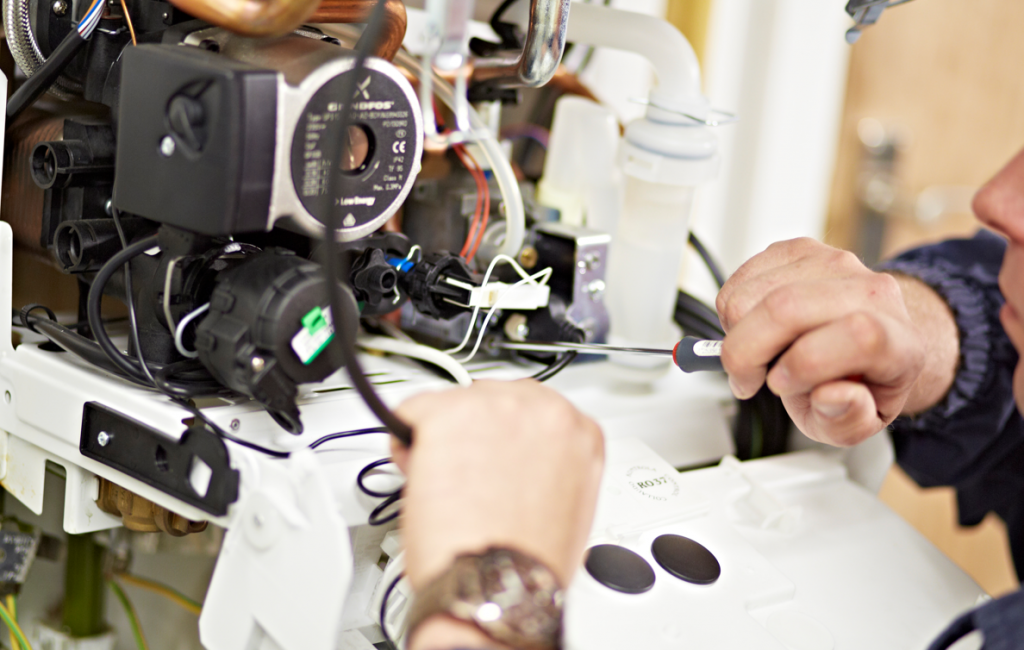
It’s impossible to understate the importance of high-quality training when it comes to gas engineering.
Poor quality and negligent gas work can have disastrous and even deadly consequences, meaning safety must be priority number one when it comes to gas training and assessments.
Unsurprisingly, the industry is heavily regulated with gas engineers having to undergo a number of assessments and regular reassessments to ensure the safety of both the public and themselves.
Below, we’ll run through some of the key things to look out for when choosing your training provider, along with the necessary qualifications you need to hold before you can legally and safely carry out gas work.
What accreditations should people check for when looking for training courses?
It’s vital that when you’re searching for a gas training provider you ensure the course is approved by and meets BPEC industry standards.
It’s also worth visiting the provider’s facilities before signing up where possible to ensure they’re of high quality and contain a wide range of appliances that will allow you to build a more well-rounded knowledge that’ll prove priceless when out in the field.
What qualifications do you need before carrying out gas work?
There are a range of modules that trainee gas engineers can undertake depending on the environments they plan to work in, though completing the CCN1 module is generally the first step towards becoming qualified.
The CCN1 training and assessment module gives an engineer a general core knowledge of domestic gas and forms a part of the Accredited Certification Scheme (ACS)—which we’ll go into more detail about below—though alone does not qualify you to work on appliances. This is where appliance-specific modules complement this core training and open up the possibility of moving to the next stage of assessment.
These additional modules include:
- CENWAT1: Installation and service of central heating boilers and water heaters
- CKR1: Installation and service of cookers
- HTR1: Installation and service of gas fires
- DAH1: Installation and service of warm air units
- MET1: Installation of gas meters
Once you have completed this training there are two accreditations gas engineers must hold before they can begin working. The first is your ACS—a mandatory assessment to be completed at the end of your training period, and every five years thereafter, to prove you can safely work on specific gas appliances.
The other is becoming a member of the Gas Safe Register. This is the only official gas registration body for gas businesses and engineers in the UK. To become Gas Safe registered, you need to have obtained the relevant qualifications and be able to present evidence of competence.
The importance of your gas portfolio
The time you spend completing your gas portfolio will become arguably the most vital part of your learning, and we urge anyone training to become a gas engineer to complete their portfolio through real, on-the-job experience rather than in a simulated environment.
This is an opportunity to gain early experience of the kinds of tasks facing gas engineers in the field—something that’s impossible to replicate in a classroom or workshop—while under the supervision of other experienced engineers.
What are the consequences of unsafe gas work?
If gas appliances, such as ovens, cookers and boilers, are not properly fitted and maintained, there is a risk of fire, explosion, gas leaks and carbon monoxide poisoning.